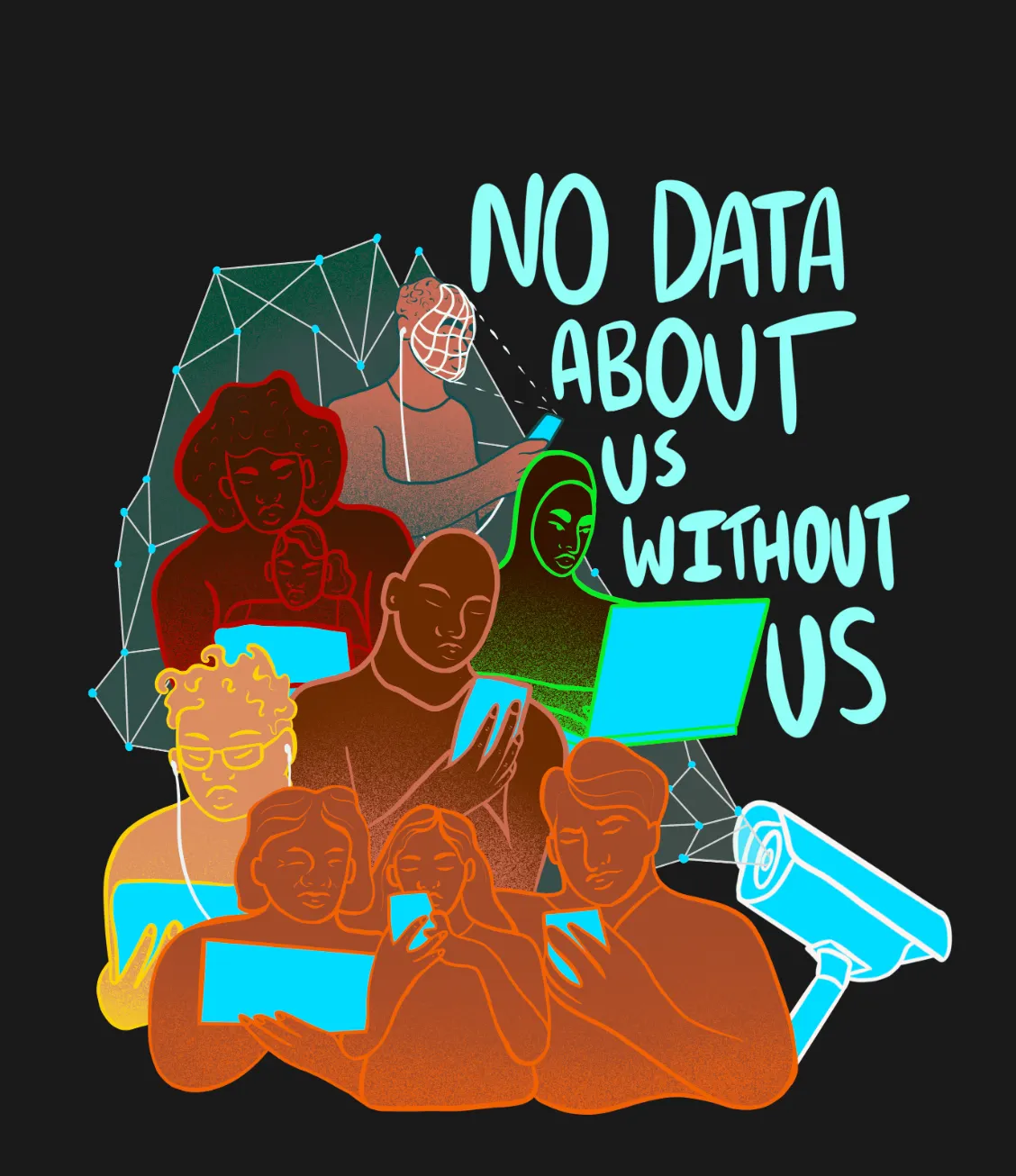Youth and the Right to Not Comply
Santiago UribeUrban art often aims to make the artifacts tell a story, inspire dialogue and interpretation and send a message of resistance that is also visible in urban space.

Photo by Santiago Uribe
"Peoples where youth do not think, for fear of error and doubt, are destined to be colonies"- Fernando González
Due to apathy, discontent or rebelliousness, it may seem that young people are neither interested in nor committed to the democratic process.
In Colombia, where abstention at the time of voting exceeds 50%, there are some 12 million young people between 18 and 28 years of age eligible to vote. This is not a minor electoral force. If all young people eligible to vote did so, they would become president, or at least send an important message of change. However, according to a survey conducted in 2018 (during the last presidential elections) by the AmericasBarometer, it was found that 60% of young people do not trust democratic institutions, 70% of young people surveyed think that the rulers do not care what they think; which shows that communication between rulers/representatives and young people is fractured. Less than 10% trust political parties. The system is broken; it does a disservice to the problem to define its cause as apathy. The system has failed, young people are crying out for changes that fall on deaf ears.
Year after year, young people see how their aspirations to access quality education, good jobs and to overcome the violence that still oppresses their communities, neighborhoods and cities are reduced. Young people are undoubtedly an engine of change, capable of shaking the foundations of power; from the revolutions of the Arab Spring in 2015 to the social demonstrations of the 2019-2020 National Strike in Colombia, social protest and cries for change were driven by young people.
Let's add to this picture a layer of complexity, which is that today's young people grew up in the age of the internet and social networks. Their way of seeing the world is fundamentally different from that of their parents. Their abilities to make use of these technologies and media give them a capacity for mobilization and organization that any political leader would envy. Mobilizations and protests are organized through social networks but the State's intelligence and surveillance apparatuses have infiltrated or monitor these networks. While pursuing a legitimate interest in maintaining security, they have also at times abused this surveillance power, transforming the internet and networks into another space of tension and resistance. Being informed, exercising care, strengthening privacy are also necessary tools to navigate the digital space and the networks that connect us and from which we benefit. It's necessary to know that behind, our data and information are desired resources. In addition, the Covid-19 pandemic exposed the gaps and inequality that exist in the coverage and access to technologies, to computers, to a good internet connection, affecting young people and interrupting their studies.
In Colombia, an important space for participation has opened up for young people from all over the country. On November 28, young people between the ages of 14 and 28 will elect, for the first time in the history of Colombia, the members of the Municipal Youth Councils (CMJ). The CMJ is a mechanism for participation, consultation, monitoring and control of public management and dialogue between young people and political institutions. At Edgelands, we want to support and highlight the spaces and mechanisms that empower young people and allow them to occupy spaces where their voice is heard, their opinion is taken into account and the exercise of their citizenship is facilitated.
That is why, on November 20, we accompanied the organization El Derecho a No Obedecer to a recognition meeting between candidates with the CMJ. The conversation between experts, candidates and interested young people revolved around internet privacy, the usefulness of information, politics and campaigns in social networks and the role of young people in the future of these transformative forces. The ideas that came up in conversation then formed part of a mural co-created with deúniti as an exercise in dialogue and visualization of these issues and conversations. Urban art often aims to make the artifacts tell a story, inspire dialogue and interpretation and send a message of resistance that is also visible in urban space.
In a city and a country where young people are disproportionately affected by violence, unemployment, lack of access to education, and where low levels of trust plague political institutions, it is clear that the Social Contract that binds us as citizens under a national and cultural identity has critical flaws. Listening to the voice of young people regarding what is not working is key to strengthening that social fabric and creating the safe space where their voices can influence change and the new Social Contract we so desperately need.



